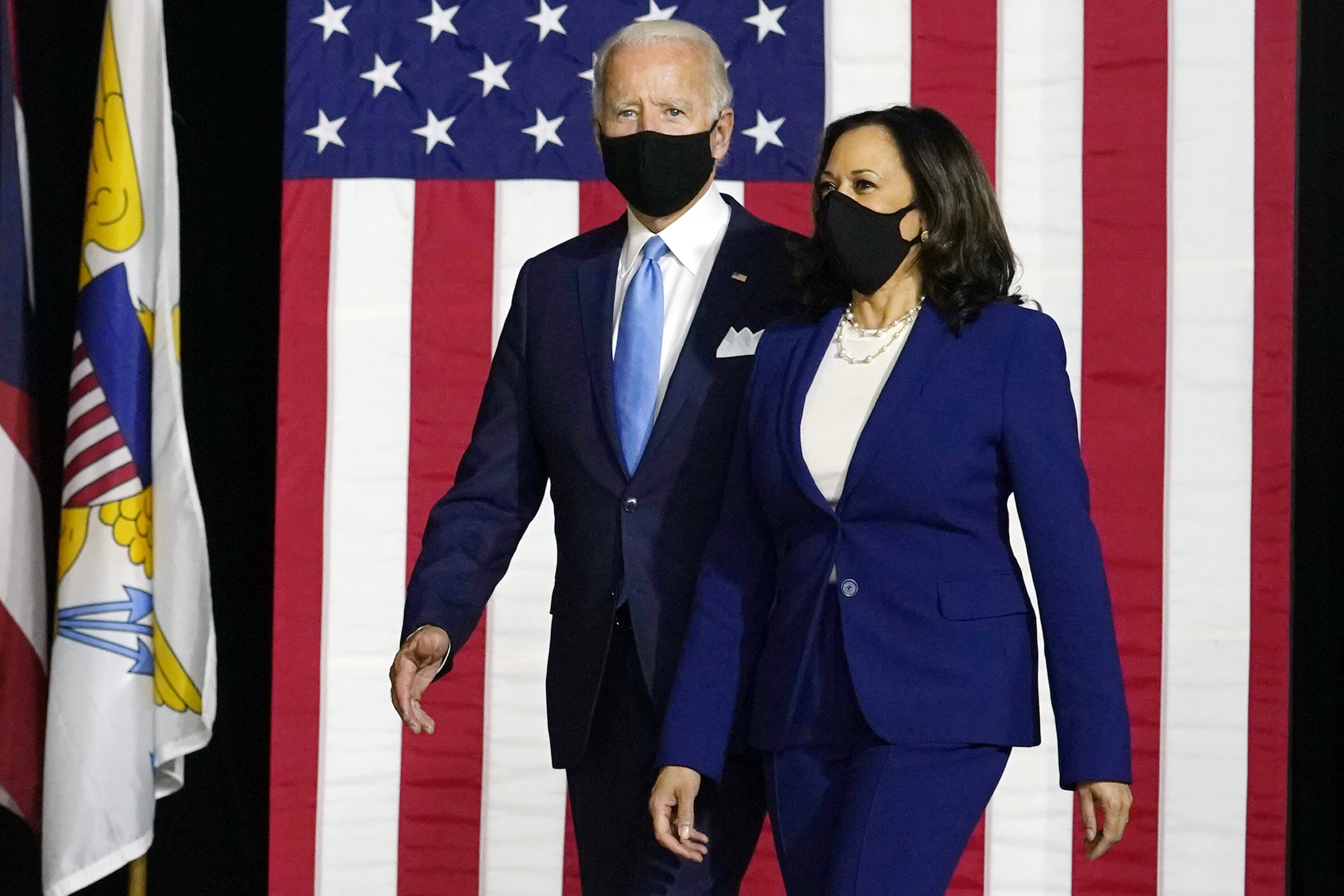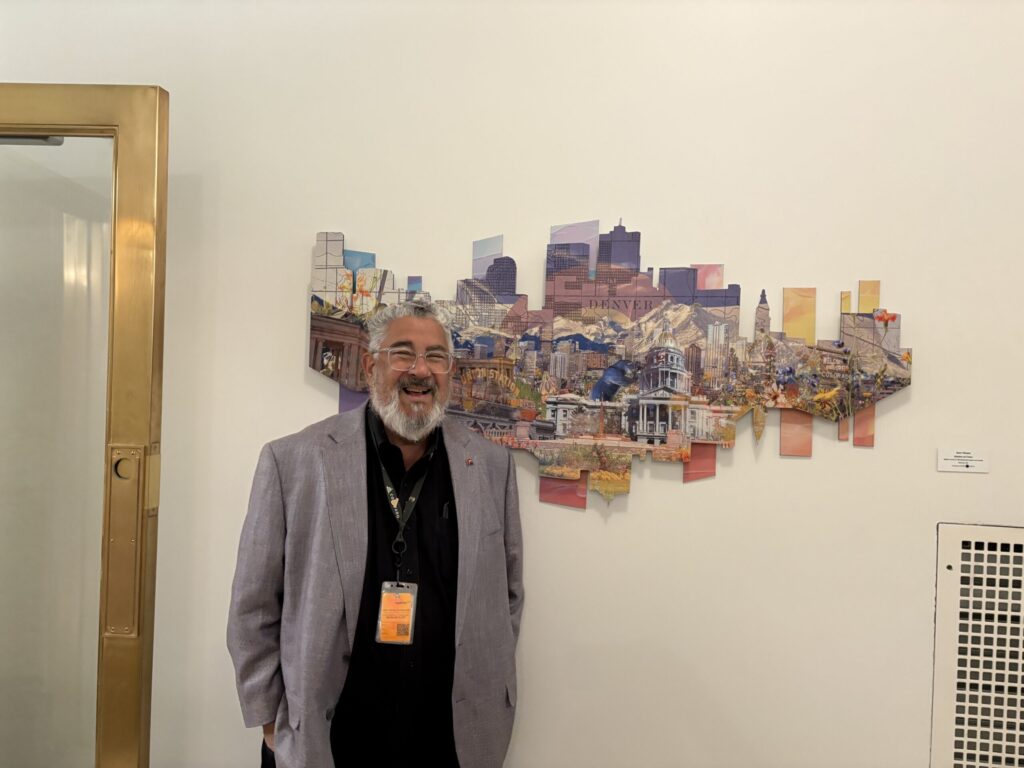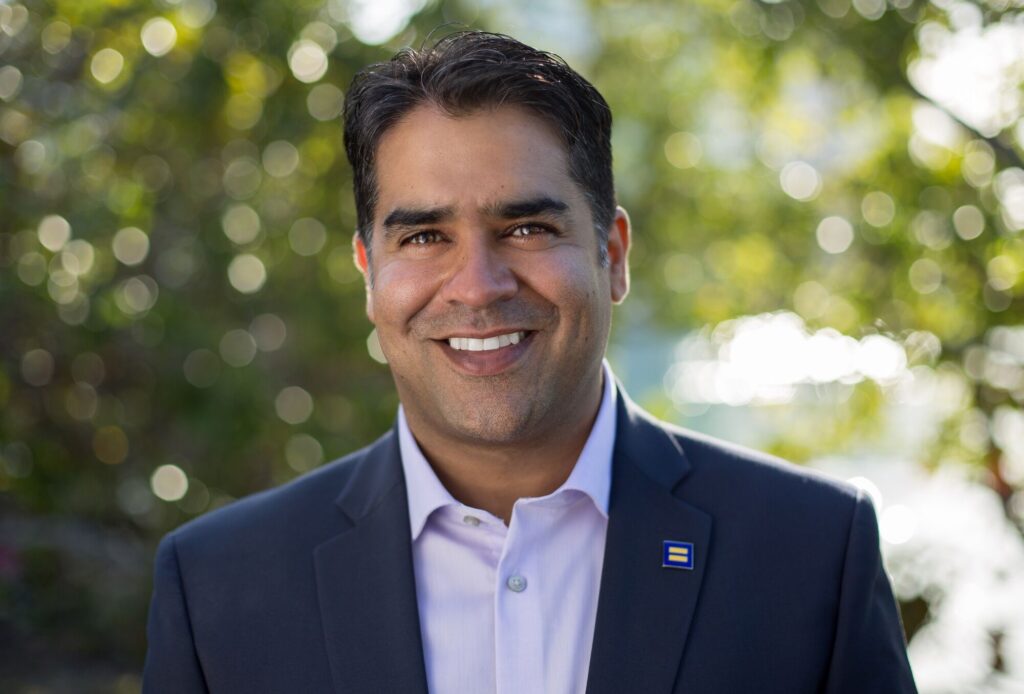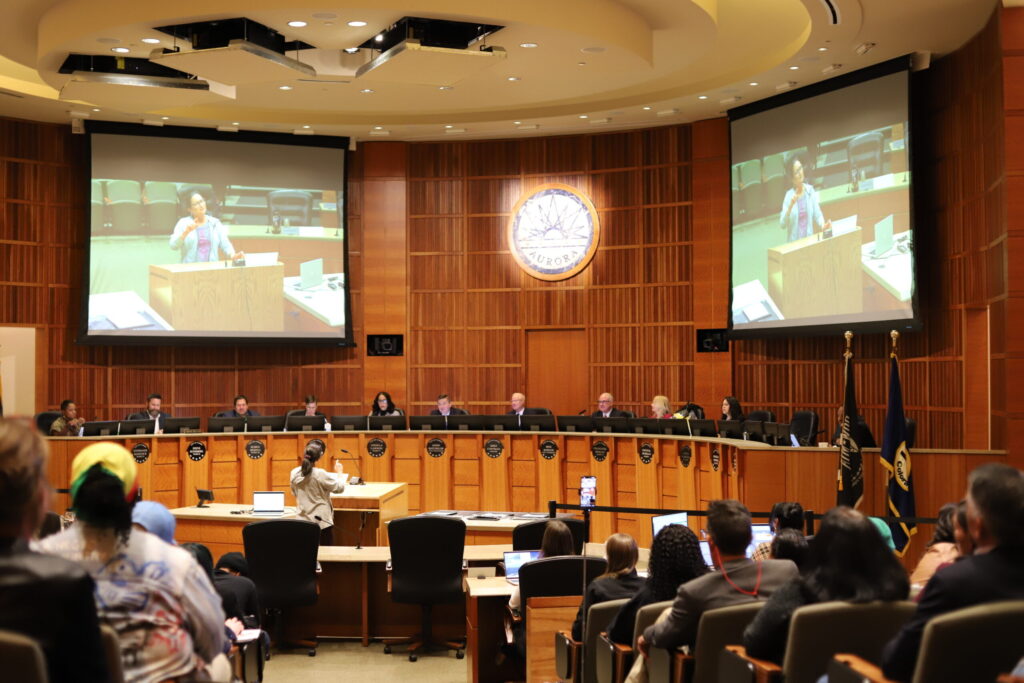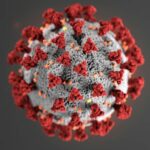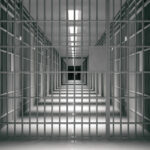Kamala Harris takes aim at Russia, not China, in Space Council role
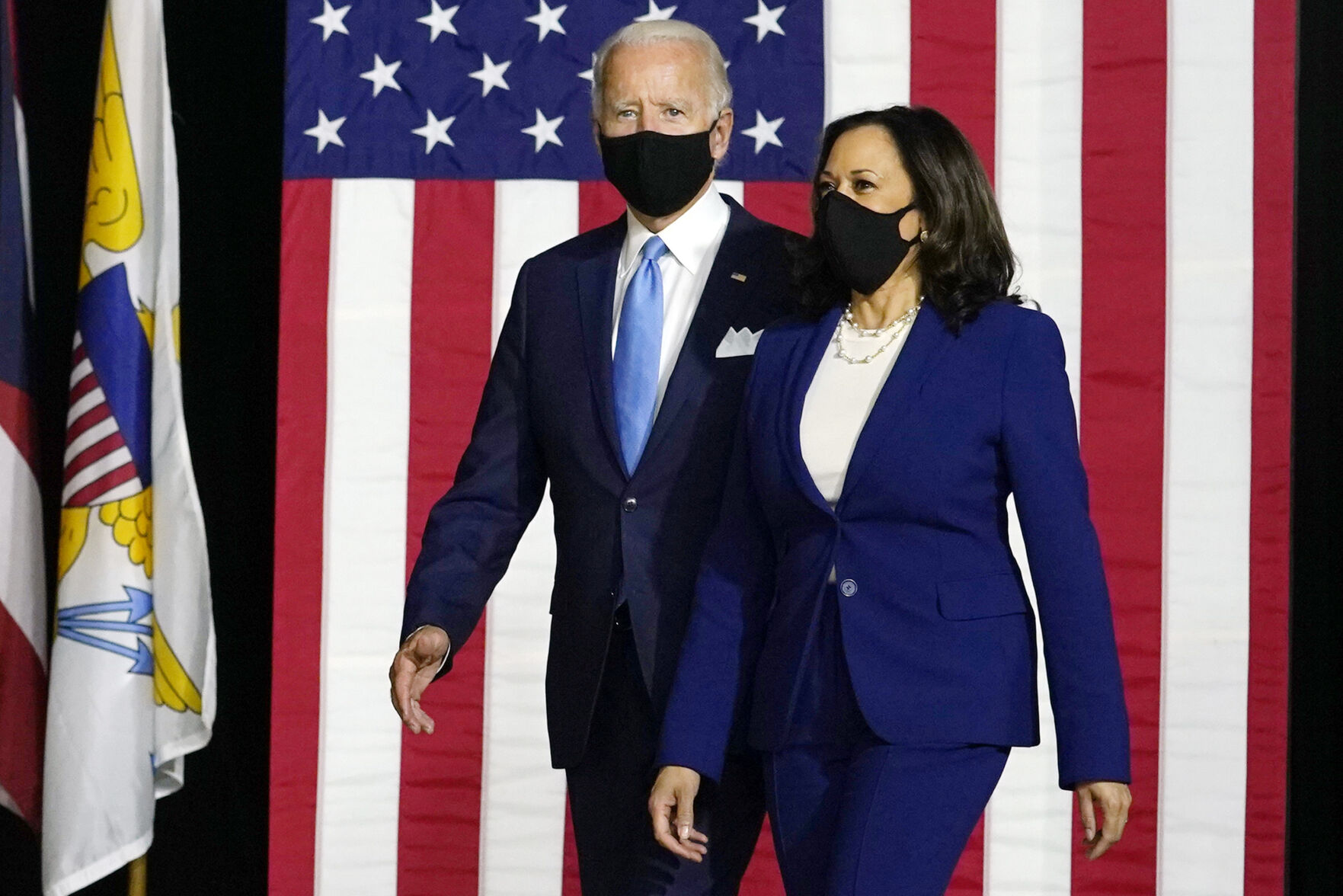
Vice President Kamala Harris railed against last month’s Russian anti-satellite missile test at the inaugural National Space Council meeting on Wednesday but made no direct reference to China.
“We must demand responsibility from all spacefaring nations,” Harris said after raising Russia’s hazardous actions. “We must expand rules and norms on safety and security, on transparency and cooperation, to include military, commercial and civil space activity.”
The debris blast endangered astronauts aboard the International Space Station, as well as other spacecraft and satellites. Harris acknowledged this, calling Russia’s test an “irresponsible act.”
But there was no outright mention of Beijing, even as the Chinese government makes increasingly bold military advances in space.
Instead, the vice president stuck to the script, announcing an expansion of the Space Council, with new members in line with the administration’s effort to tackle climate change and advance science, technology, and math education. Harris released a “new space policy framework” detailing the direction for the Cabinet-level body shortly before the meeting.
KAMALA HARRIS-LED SPACE COUNCIL FACES CHALLENGES FROM RUSSIA AND CHINA
Biden detailed the addition of the secretaries of education and labor in a presidential order earlier in the day, as well as the agriculture and interior secretaries and National Climate Adviser Gina McCarthy.
Before joining the Biden administration, McCarthy ran the National Resources Defense Council, which works internationally to promote and defend environmental law. In 2018, the NRDC was subject to a “foreign agent probe” by Republican lawmakers over potential “undue influence” by China’s government. During the Obama administration, McCarthy led the Environmental Protection Agency.
The addition of new members is intended to “demonstrate the administration’s emphasis on ensuring the benefits of American space activities are applied broadly throughout society and employed to solve the toughest challenges, including addressing the climate crisis and building a vibrant workforce for the future,” a White House official said.
The “space priorities framework” promises to foster a regulatory environment that will boost the commercial space sector, protect space-related critical infrastructure and intellectual property, and strengthen the space industrial base while reducing reliance on U.S. strategic competitors. Washington will also advance space-based technologies to monitor and respond to climate change.
It names neither Russia nor China, which carried out a nuclear-capable hypersonic weapon test earlier this year using capabilities that no other country has demonstrated.
Sarah Mineiro, an adjunct senior fellow with the Center for New American Security, said earlier this week that a failure to acknowledge them “would be a huge missed opportunity,” though suggested doing so would prompt a delicate balancing act.
“That is not necessarily where [Harris] wanted the emphasis for this first inaugural Space Council meeting,” Mineiro said, pointing to the administration’s stated interests in climate and education. Harris recently visited NASA’s Goddard Space Flight Center in Maryland, delivering remarks on these priorities.
Still, said Mineiro, “I believe that our strategic adversaries have a vote in that agenda.”
Those adversaries are waging a daily battle with the United States in space, which is accelerating largely out of public view, according to officials. Air Force Secretary Frank Kendall described the Chinese military’s hypersonic missile innovations as an “arms race.”
China has conducted “hundreds” of hypersonic weapons tests, while the Pentagon has undertaken just nine – with mixed success.
The council’s focus has long been on national security – former Vice President Mike Pence chaired the group during the Trump administration, delivering a slew of presidential directives to address this, including fostering the Space Force, which Pence had touted as a bulwark against Beijing’s threats.
And while Harris’s opening remarks addressed some of these national security concerns, stating that “without clear norms” governing the use of space, there is a “real risk of threats to our national and global security,” the omission of China was especially notable.
“The threats are really growing and expanding every single day. And it’s really an evolution of activity that’s been happening for a long time,” Gen. David Thompson, Space Force’s first vice chief of space operations, told the Washington Post in an interview. “We’re really at a point now where there’s a whole host of ways that our space systems can be threatened.”
The coming months will show the degree to which the Harris-led body, “the largest and most expansive Space Council in our nation’s history,” engages the issue.
Introducing the vice president, Arizona Democratic Sen. Mark Kelly, a former astronaut, spoke about the council’s support in maintaining a “competitive edge over our adversaries.”
Scott Pace, the executive secretary of the Trump administration’s Space Council between 2017 and 2020, told the Washington Examiner the move was expected and said the addition of Labor and Education secretaries could prove helpful in providing a whole-of-government picture of space policy.
How much authority Biden intended to grant the Space Council has been in question. Soon after taking office, Biden signed an executive order that seemed to route future national security space policy decisions through the National Security Council in a move observers then thought signaled a plan to abandon the Space Council.
Until now, the Biden administration was operating the body on the basis of former President Donald Trump’s 2017 order, which revived the body after a quarter-century hiatus.
For Harris, leading the Space Council offers a chance to burnish her experience and interagency relationships after a challenging 10 months in office.
CLICK HERE TO READ MORE FROM THE WASHINGTON EXAMINER
Supporters argue that the vice president has not been helped by her assignments, including migration from Central America to the U.S. and voting rights, nor the president’s response to them. Each issue has drawn the ire of voters and lawmakers across the political spectrum.
Like Biden, the vice president’s job approval numbers are underwater, which has concerned some Democratic operatives looking ahead to 2024.
Original Location: Kamala Harris takes aim at Russia, not China, in Space Council role
Washington Examiner Videos
